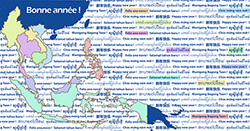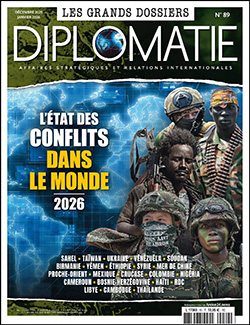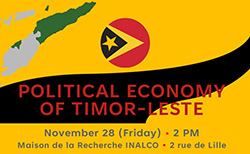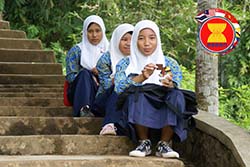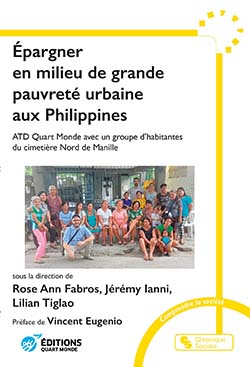
5 February 2026, 9h-17h
Room 2B, Research Center for Humanities and Social Sciences, Academia Sinica, Taipei
An event co-organised by the French Center for Research on Contemporary China (CEFC Taipei) and the Research Institute on Contemporary Southeast Asia (IRASEC)
Across the social sciences, scholars are increasingly engaging with creative and multimodal forms of knowledge production. At this workshop, participants will discuss their work with comics, video-making, film programming, artists’ residencies, literary ethnography, podcasts, and other inventive approaches to research and writing.
Lire la suite...






